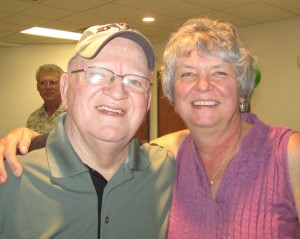
Originally published in The Catholic Times September 8, 2013 Volume 62:42
The invitation appeared in my email: A birthday party for Mike. I’ve known him since I was eighteen. Then we both played guitar, sang, wrote songs, and energized the local “folk Mass” movement after Vatican II. He and his wife, Patty, welcomed me into their home, and I babysat for their young children who clamored for Mike’s attention when we practiced music there. Patty always came to the rescue. Over the years, my guitar has seen less use. Mike’s is always humming.
Having made adjustments to my work schedule, I picked up a friend and we drove together to the party. Mike was turning 75.
“Couldn’t miss this,” I said as we traveled from one small berg to another.
My friend nodded. “There are plenty of things in life that are hard, that bring tears. We must celebrate the happy moments. What brings life, and joy,” he said, his voice as Italian as the gift of wine resting at his feet.
Light and Irish music poured out of the American Legion as we walked toward the door. The evening was an embarrassment of riches: Greetings, hugs, and friends gathered to tell stories and catch up on one another’s lives. Food and drink kept coming, and everyone joined in a refrain written for the occasion. Mike, Nick, and Anne, who have been singing together for years, treated us to a few songs while the singing Ladies of Longford took their break. More music. More conversation.
Driving through night on my way home, I thought about friendship. What is the grace of friendship? What moves someone out of the mass of acquaintances into that treasured group? Into one’s heart and soul? [Read more…]
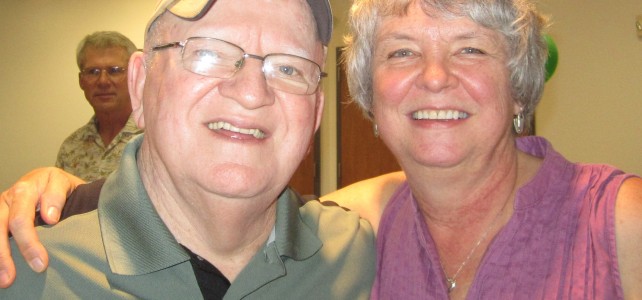
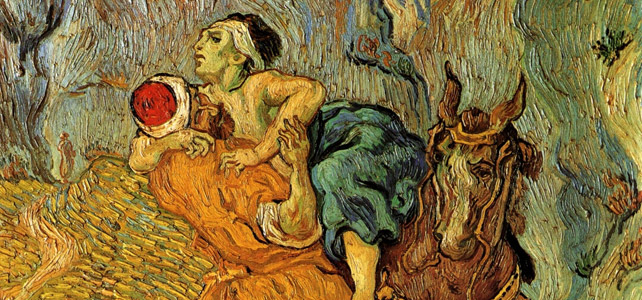
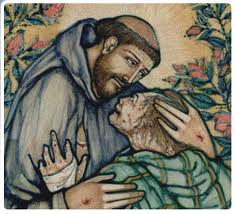
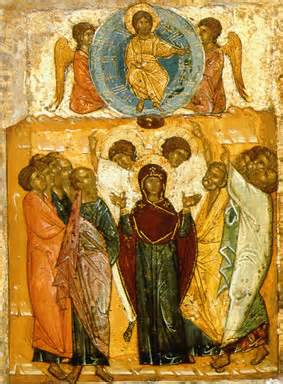


 “Blue Moon Over Cincinnati” Bill Ingalls/NASA via Getty Images (Originally published in the Catholic Times, September 9, 2012 © 2012 Mary van Balen)
“Blue Moon Over Cincinnati” Bill Ingalls/NASA via Getty Images (Originally published in the Catholic Times, September 9, 2012 © 2012 Mary van Balen) This print hangs at the Sacred Heart Chapel at Saint Benedict’s Monastery, St. Joseph, MN (Originally published in the Catholic Times, July 12, 2012 © 2012 Mary van Balen)
This print hangs at the Sacred Heart Chapel at Saint Benedict’s Monastery, St. Joseph, MN (Originally published in the Catholic Times, July 12, 2012 © 2012 Mary van Balen)